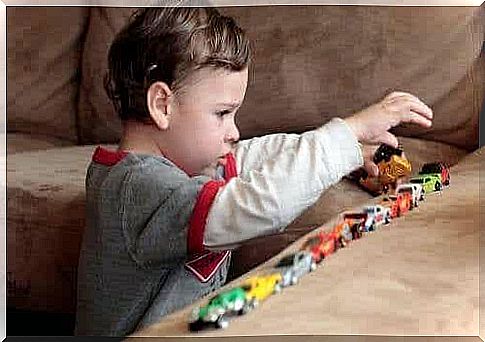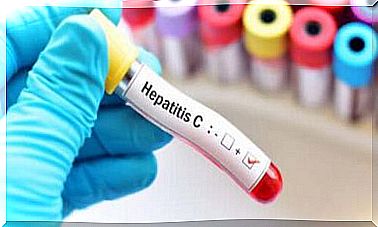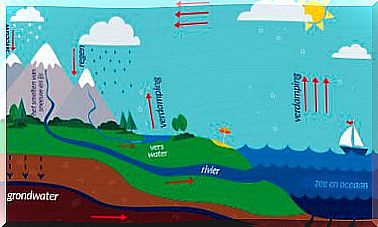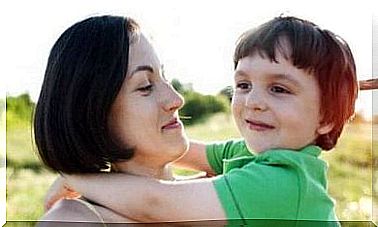I Have Autism And I Can Learn: Access To Better Education

World Autism Day is held every April 2 to raise awareness about this condition and fight for the rights of those who suffer from it. Under the slogan ‘I can learn, I can work’ , efforts are being made to improve these people’s access to quality education and decent work. Stigma still limits their development. So let’s be the voice of these children: “I have autism and I can learn. ”
However, due to a lack of knowledge, there is often a misconception about this condition. The intelligence tests that experts generally use don’t really capture the latent abilities of these people.
Of course, we have to take into account that this is a very heterogeneous condition. So it is not possible to generalize. However, all children with autism have strengths and abilities, and they certainly can all learn.
Autism spectrum disorder
Autism is a neurological and developmental disorder that begins to manifest in childhood and accompanies the person throughout his or her life. It mainly influences social interaction and flexibility in thinking and behavior.
However, there is huge variability among people who suffer from this condition. That is why the term ‘autism spectrum disorder’ has been coined, which refers to a continuum rather than a category.

Most people recognize the main features of autism to a greater or lesser extent. For example, think of:
- Disinterest in social interactions and difficulties in initiating and maintaining them.
- Poor eye contact and difficulty perceiving and understanding other people’s mental states.
- Repetitive behavior, limited interests, excessive rigidity and attachment to routines.
- Sensory integration problems, suffering from exposure to loud noises, bright lights, or crowds.
Because of all these factors, children with autism have major integration problems in the classroom and in society. It often seems like they can’t learn because they don’t learn in the same way as others, but these kids have great strengths:
- They pay a lot of attention to details and think very logically.
- They often show great interest in a specific area, study it in depth, acquire a lot of knowledge about it and often become very proficient in it.
- Very often they think in an independent way that allows them to offer new and unique perspectives.
- They have difficulty processing information verbally or audibly, but function well with visual processing (of images or video).
I have autism and I can learn
Children with autism are able to learn and enjoy a full and dignified life. To do this, it is essential to get a diagnosis as soon as possible. This gives them early access to quality care.
Children who receive help at a young age can make great strides. Interventions are usually aimed at improving their social skills and capacities and facilitating their adaptation to the educational environment. They need an individual evaluation to get to know the strengths of the child.

Intervention
If the child is better able to deal with visual processing, it is very helpful to accompany the instructions with pictures. Likewise, showing a clear interest in reading can serve as a starting point to build a bond of trust and bring them closer to their peers through an activity they enjoy and are good at.
We need to provide them with an environment that they feel comfortable in and that suits their priorities and needs. It is important that the groups are not too large and that they receive sufficient and appropriate attention from the teachers. The teachers should also provide them with challenges that suit their abilities.
If we demand certain achievements from them, they can become overwhelmed and frustrated. However, if we support them too much, we limit their autonomous development. It’s all a matter of finding a balance.
Empathy, positive reinforcement, consistency and early intervention will significantly improve the learning process of these children. Families, health and education professionals must join forces to provide these children with access to diverse and adapted education that will enable them to develop their full potential.









